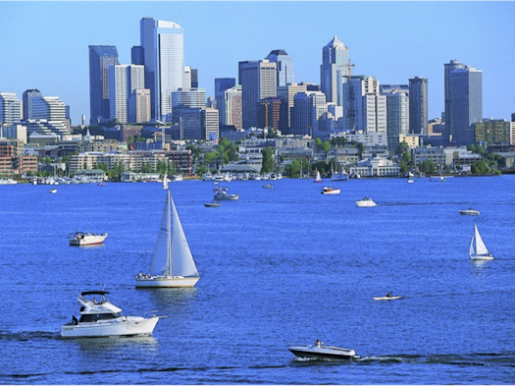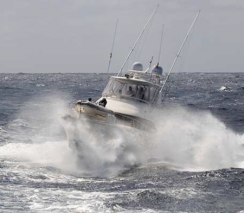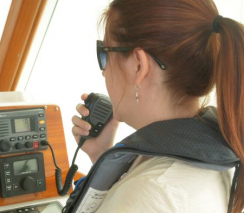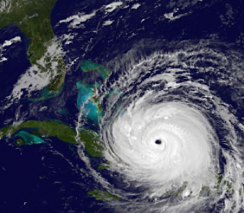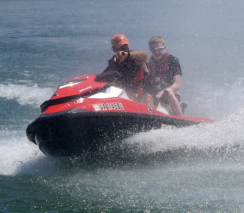Rules of the Road: A Practical Approach − Seminar
$34.95
Rules of the Road is offered as a seminar and as part of the Boat Handling course.
Navigational rules of the road help you know what to do when you share the water with other boats, how to recognize and signal intentions, and how to avoid collision. This seminar focuses in a practical way on helping you understand the basic rules encountered by recreational boaters during most every boating outing and the rules most likely to apply in the local waters where you boat. It covers skipper responsibilities, general rules and definitions, rules to avoid collision, lights and shapes, and sound and light signals.
This self-study seminar consists of a comprehensive 42-page PDF Student Guide and a fully narrated online learning module which present like classroom PowerPoint presentations but give the student total control of the pace and sequence of the slides.
Ask your local squadron about on-the-water coaching to help you practice recognizing local situations, the rules that apply, and the actions you should take. And be sure to read the United States Coast Guard's Navigational Rules and Regulations Handbook for the authoritative word on all rules of the road, since - as the skipper or designated crew member - you are responsible to know the rules that apply anywhere you boat.
Boat Operator Certification
This seminar is required for the Boat Operator Certification level of Coastal Navigator (CN). If the course Boat Handling has been completed online, this seminar is considered complete
